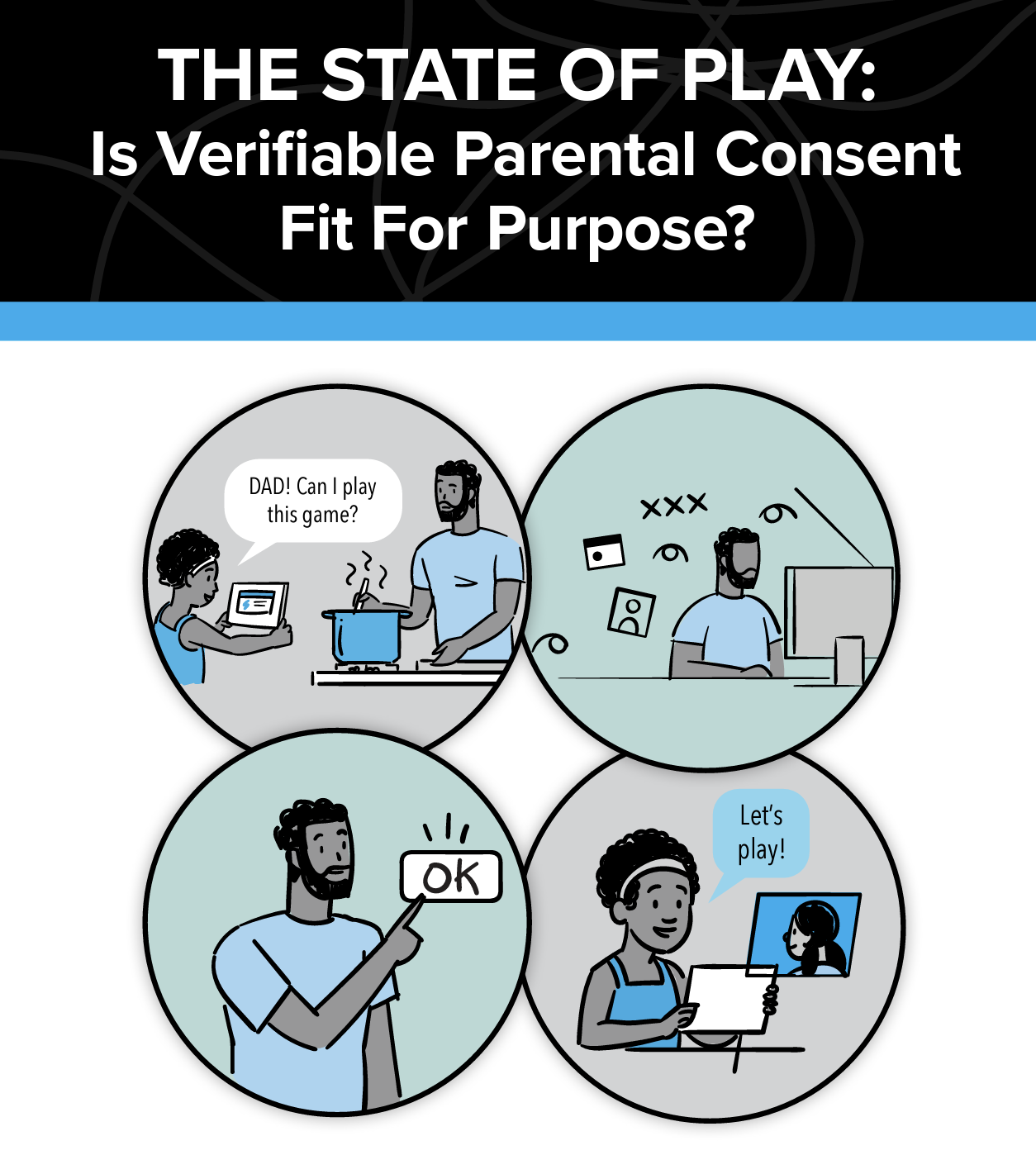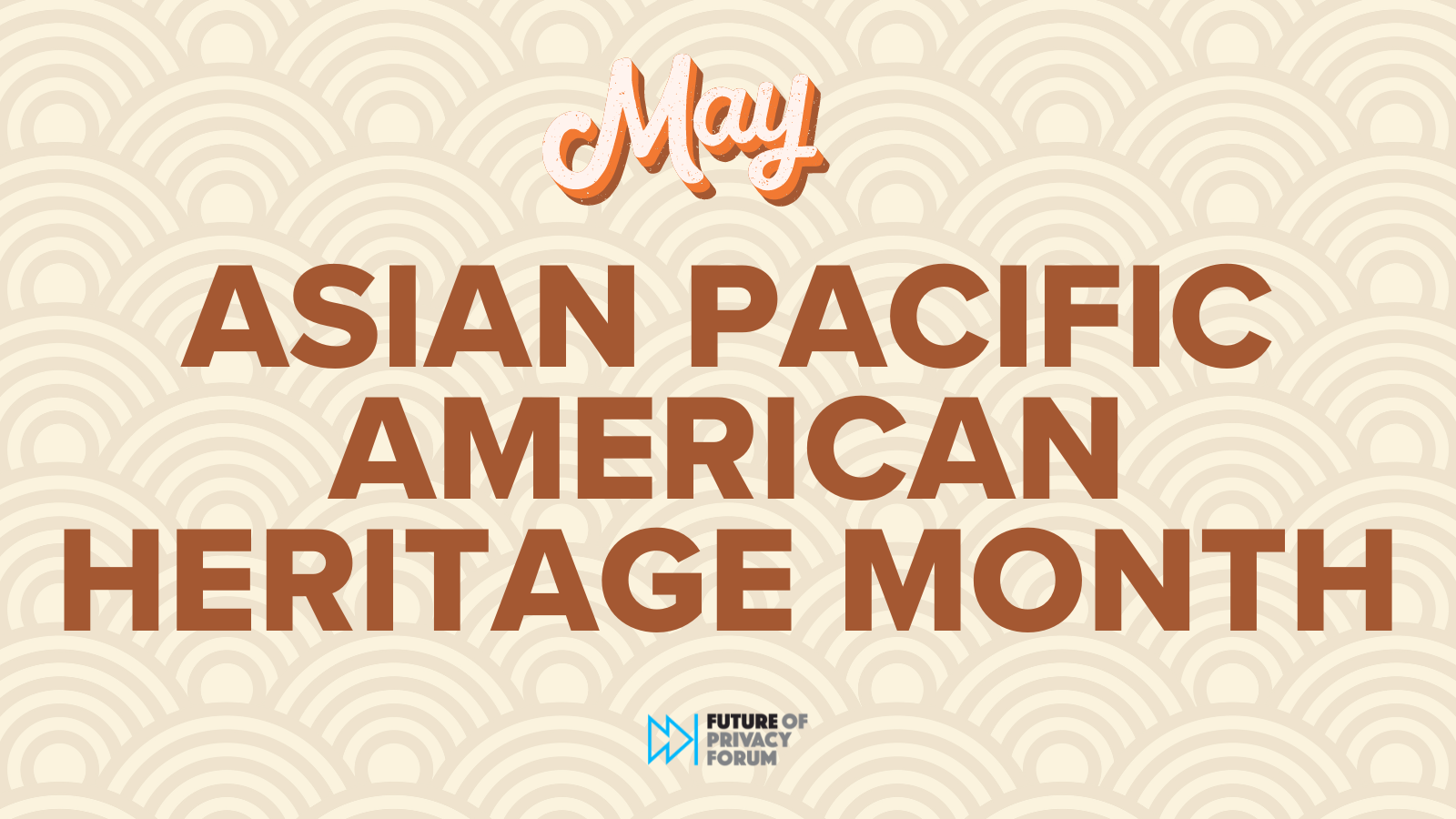Showing results for fire2020 221the free promo code today tanzania fire2020 221the

A New Domicile for Comprehensive Privacy in Delaware
[…] up to the age of 17 (although CT SB 3 creates similar protections for 13-17-year olds), child-directed privacy and online safety laws, including the California Age-Appropriate Design Code and Utah Senate Bill 152, have increasingly applied to the data and activity of teenagers up to age 17. 4. Expanded Rights to Access and Delete […]

Nigeria’s New Data Protection Act, Explained
[…] a data protection impact assessment (DPIA) prior to the processing of personal data, where such processing may likely result in a high risk to the rights and freedoms of a data subject. The Act does not specify the period within which a DPIA must be conducted prior to such processing. Laws such as Kenya’s […]

FPF Launches Cybersecurity and Data Privacy Expert Group, Bringing Together Top Leaders for Advisory Committee
[…] becomes more ingrained and dependent on digital systems, the need to explore the challenges posed by emerging technologies and develop ethical norms and workable best practices grows. Today, FPF launched its Privacy and Cybersecurity Expert Group and announced the Inaugural Advisory Committee to lead FPF’s exploration of the intersection of privacy and security. Comprised […]

Unveiling China’s Generative AI Regulation
[…] it is important to note that industrial policies from both central and local governments in China also exert substantial influence over the sector. Critically, the task to promote AI advancement amid escalating concerns is overseen by authorities other than the CAC, such as the Ministry of Science and Technology (“MST”) and the Ministry of […]

FPF Releases Report on Verifiable Parental Consent
Today, FPF released a new report on the effectiveness of a key federal children’s privacy requirement known as verifiable parental consent (VPC). The Children’s Online Privacy and Protection Act (COPPA) requires operators of child-directed services to provide parents with detailed, direct notice and obtain parents’ affirmative express consent – verifiable parental consent – […]

Connecticut Shows You Can Have It All
[…] features, including a mechanism to report “harmful or unwanted” behavior. The children’s and health provisions of SB 3 appear to be informed by the California Age-Appropriate Design Code (AADC) and the recently enacted Washington State My Health, My Data Act, respectively, but contain numerous important distinctions. FPF has prepared a comparison chart to help […]

AI Verify: Singapore’s AI Governance Testing Initiative Explained
[…] owners to demonstrate their claims about the performance of their AI systems. Second, an organization’s use of AI Verify does not guarantee that tested AI systems are free from risks or biases, nor that they are completely “safe” or “ethical.” Third, AI Verify is intended to preclude organizations from unintentionally divulging sensitive information from […]

During Asian Pacific American Heritage Month, a look at how better data can benefit AANHPI individuals and communities
[…] communities. Addressing underrepresentation in data requires improved data collection methodologies that acknowledge the diversity within the AANHPI population, allocate resources to support comprehensive data collection efforts, and promote disaggregated reporting. Policymakers and researchers should work collaboratively with AANHPI communities to ensure accurate and representative data collection, analysis, and interpretation to inform policies that address […]

What to Expect from the Review of Australia’s Privacy Act
[…] the Review Report’s proposal to grant the OAIC the power to determine codes of practice, the Report proposes that the OAIC should issue a “Children’s Online Privacy Code” for online services that are likely to be accessed by children. The Code would align with the UK’s Age Appropriate Design Code, and would provide guidance […]

Shining a Light on the Florida Digital Bill of Rights
[…] in California AADC, Section 2 defines “substantial harm or privacy risk” to include: mental health disorders; addictive behaviors; physical violence, online bullying and harassment; sexual exploitation; the promotion and marketing or tobacco, gambling, alcohol, or narcotic drugs; and predatory, unfair, or deceptive marketing practices or other financial harms. Both the California AADC and Section […]
